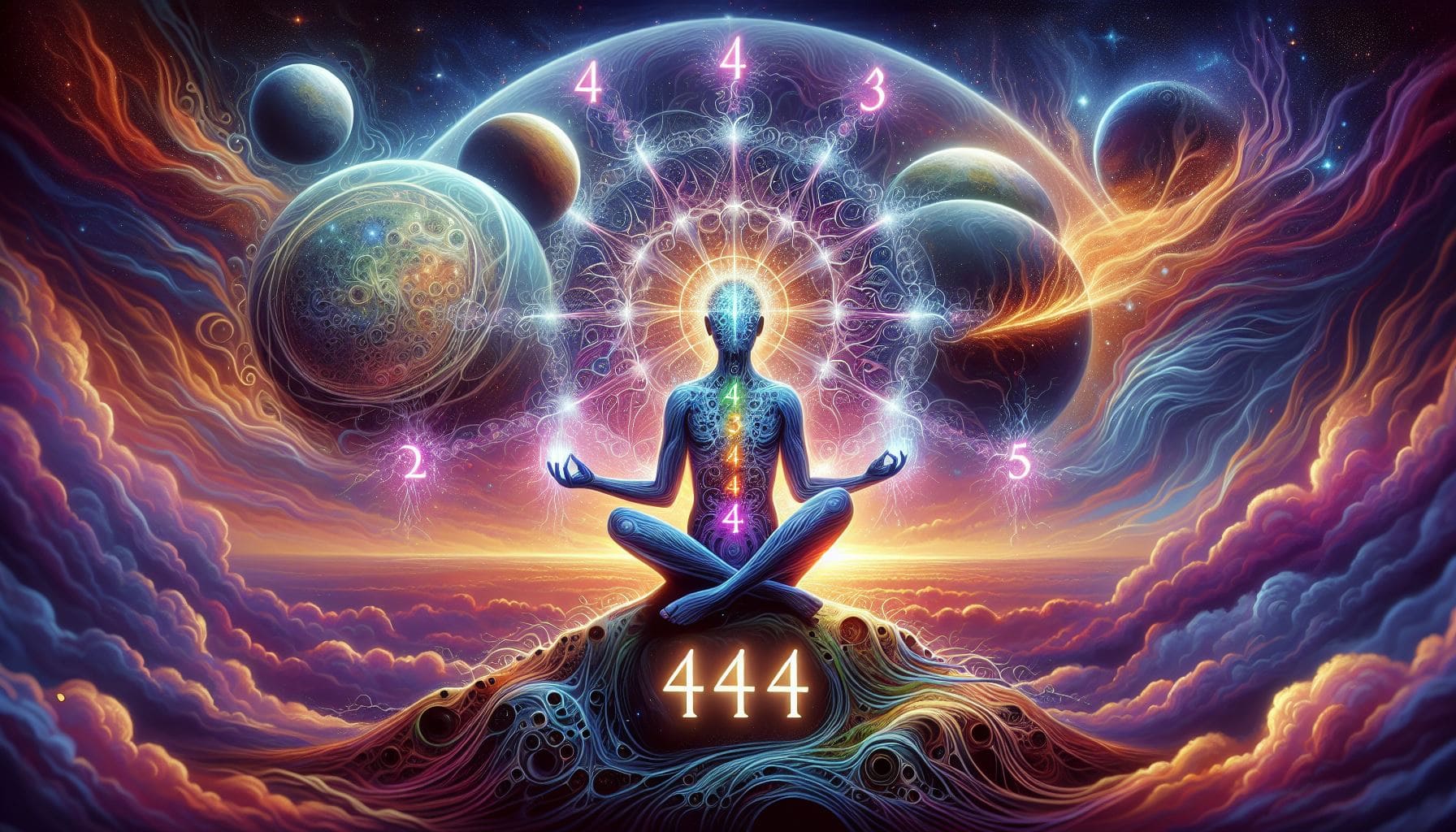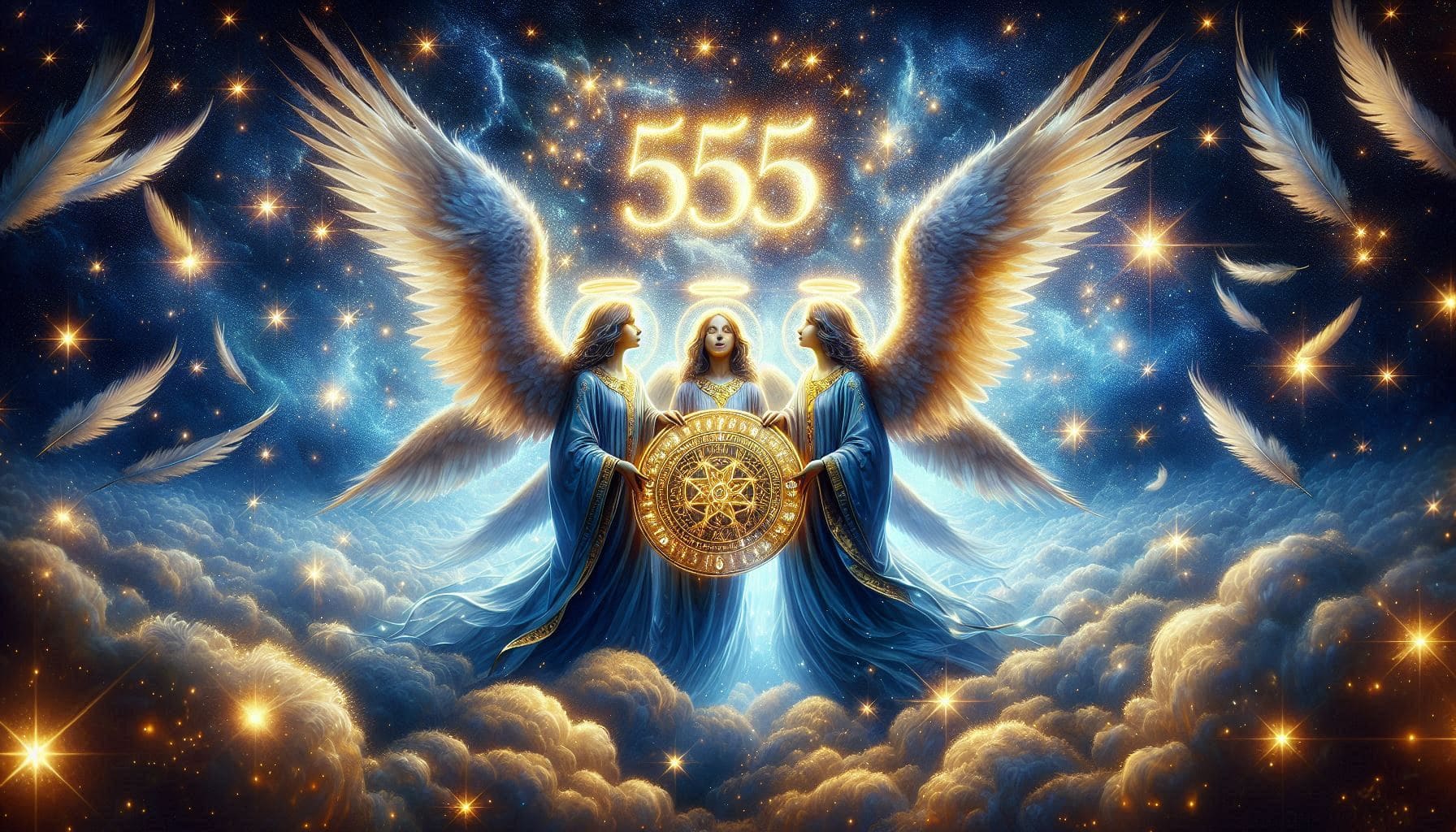Introduction to the Spiritual Meaning of 10
The number 10 has intrigued and inspired countless cultures, societies, and individuals over the centuries. In numerology and spirituality, what does the number 10 mean spiritually? Many believe that it carries a powerful symbolic meaning and profound metaphysical secrets that can guide and shape personal and collective journeys. This article provides an in-depth exploration into the spiritual significance of 10, offering insights into its symbolism, historical context, and the ways it influences our lives and destiny.
Whether you are asking, “What does the number 10 mean spiritually?” or exploring how 10 integrates into various ancient spiritual traditions, the journey reveals themes of completion, wholeness, and new beginnings. By delving into the extensive symbolism behind this number, you will gain a deeper appreciation of its energy and influence.
The Historical and Cultural Significance of 10
The number 10 has appeared and reappeared prominently throughout history. Many ancient cultures revered numbers and believed that numerical values held mystical and divine meanings. In many cases, 10 was seen as the number of completeness and perfection.
Early Civilizations and Numerology
Early civilizations like the Babylonians, Greeks, and Egyptians placed a significant emphasis on the number 10. In these ancient contexts:
- The Babylonians used a base-60 number system but also recognized the importance of 10 in their mathematical and astronomical studies.
- Ancient Egyptians saw 10 as a symbol of order and completeness, which was reflected in their architectural marvels and religious texts.
- The Greeks linked 10 with the concept of the perfect number in their philosophical teachings, emphasizing its harmony and balance.
The spiritual question, “What does the number 10 mean spiritually?” finds some answers in these historical uses, where completeness is a recurring theme. Whether it is perceived as the sum of the first four numbers (1 + 2 + 3 + 4) or as the total of essential components in a cycle, the number 10 continues to outline cycles of renewal and transformation.
Numerological Perspectives on the Number 10
Numerology assigns energetic vibrations to each number, and the number 10 is no exception. When questioning what the number 10 means spiritually, numerologists point to its dual composition: the digits 1 and 0.
The Significance of 1 and 0
In numerology:
- 1 symbolizes beginnings, leadership, and the pioneering spirit. It represents individuality and the drive to create. As the first numeral, it is often equated with the concept of self and unlimited potential.
- 0 represents the infinite, the void, and nothingness. It is seen as the starting point that has no boundaries and can be filled with any quality. 0 is a blank slate, representing the divine source or cosmic energy from which all things originate.
When combined as 10, these two numbers symbolize the powerful union of new beginnings (1) and the boundless potential of the cosmos (0). This duality provides a unique insight into the question, what does the number 10 mean spiritually: it is the bridge between the known and the unknown, the measured and the infinite.
Numerologists often see 10 as completing a cycle and transitioning into new realms or phases in personal growth. It is a marker of achieving a holistic, well-rounded balance before starting a new journey, representing both culmination and rebirth.
Spiritual Interpretations in Various Cultures
The spiritual meaning of 10 is broad and varied, cutting across different traditions and spiritual beliefs. In this section, we will delve into how various cultures have embraced the mystical qualities of 10.
Eastern Philosophies
Eastern spiritual traditions such as Hinduism and Buddhism incorporate the symbolism of completion and wholeness associated with 10. In these traditions:
- In Hinduism, numbers are deeply intertwined with cosmic laws and truths. The 10 is often linked with the idea of a complete spiritual journey, from the initial spark of curiosity to the culmination in enlightenment.
- In Buddhism, particularly within the framework of the Noble Truths and the Eightfold Path, the concept of balance and integration echoes the symbolic meaning of the number 10.
These ancient practices encourage practitioners to view the journey of life as a cycle of continuous renewal. Here, the question, “what does the number 10 mean spiritually in Eastern thought?” finds its resonance in the importance of both beginnings and endings as essential, interconnected parts of enlightenment.
Western Mysticism and Esoteric Traditions
In Western mysticism and esoteric traditions, the number 10 is revered as a symbol of perfection and unity. The Jewish Kabbalah, for example, provides a detailed analysis of numbers, linking 10 to the sephirot or divine emanations. These emanations represent layers of understanding and existence, guiding individuals towards spiritual illumination.
Similarly, Christian symbolism often incorporates the number 10. The Ten Commandments, which are foundational to Judeo-Christian ethics, highlight the number’s role as a key component in establishing a moral and structured order. Here, the inquiry, “what does 10 spiritually represent in Christianity?” is answered through themes of divine law, integrity, and responsibility.
Through these varied lenses, the number 10 is a powerful emblem of integration—merging the beginning with the end and encapsulating the essence of spiritual fulfillment.
The Symbolism of 10 in Personal Growth and Life Cycles
One of the most compelling reasons people inquire about what the number 10 means spiritually is due to its profound influence on personal growth and life cycles. This symbolism isn’t just an abstract concept; it can have practical applications in understanding the phases of life.
Completion of Cycles
The concept of completion is central to the number 10. Many spiritual traditions believe that life is composed of cycles—periods of growth that eventually culminate in a stage of fulfillment, only to be reborn into a new cycle. In this context:
- Completion: The number 10 is seen as a sign that a particular phase or circle is complete. This can refer to personal achievements, the end of a significant relationship, or the conclusion of a long-term project.
- Renewal and Rebirth: As one cycle ends, another begins. This makes 10 a symbol of transformation and fresh starts—a reminder that endings are merely uplifts for new beginnings.
- Wholeness: In its entirety, 10 represents unity and the synthesis of diverse elements into a harmonious whole.
When you ask the question, “what does the number 10 mean spiritually in terms of life cycles?” the answer lies in appreciating the constant interplay between finishing well and embracing the dawn of something new.
Personal Development and Inner Wisdom
The energy of the number 10 extends to personal development and the nurturing of inner wisdom. In spiritual practices, it is believed that:
- Self-Realization: The journey of self-discovery often involves peeling back layers of preconceived notions, much like the number 10 symbolizes peeling back the finite (1) to reveal the infinite (0).
- Inner Harmony: Achieving a balance between one’s tangible realities and intangible dreams is a spiritual act. The number 10 serves as a reminder of this balance.
- Transformation: Embracing both ends of the spectrum—starting afresh and letting go of the old—leads to long-lasting personal growth.
Therefore, when considering what the number 10 represents in your personal journey, one might infer that it encourages embracing change, harnessing inner strength, and achieving a higher level of consciousness.
What Does the Number 10 Mean Spiritually in the Context of Divine Order?
Many spiritual seekers ask, “what does the number 10 mean spiritually in relation to divine order?” The answer lies in its perceived role as a conduit between the human experience and the divine.
Connection to the Divine
In numerous religious and spiritual frameworks, the number 10 is seen as a sacred number that connects earthly existence with a higher power. Examples include:
- The Ten Commandments in the Judeo-Christian tradition, which provide a divine blueprint for ethical behavior.
- The ten sefirot in Kabbalistic tradition, where each aspect of the divine is represented as an emanation or facet of the ultimate reality.
- Symbolic compilations in various spiritual texts that emphasize the journey from the self (beginning) to union with the infinite (end).
In this regard, the question of “what does the number 10 mean spiritually regarding divine order?” brings us to a contemplation of spiritual cohesion. It suggests that the universe, much like the numeral 10, operates on the principle of unity despite apparent dualities, merging creation and dissolution in a seamless dance of existence.
Mirroring the Cycle of Karma
The symbolism of 10 is also often linked to the concept of karma—the law of cause and effect. Karma teaches that every action carries its own spiritual weight and consequence:
- Actions and Reactions: Just as the cycle of 10



